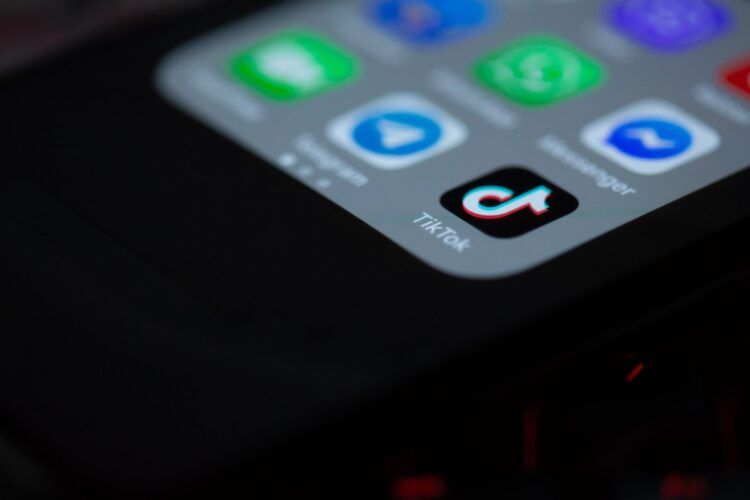Along with the benefits of social media there came a wave of new and difficult challenges, one of which is the growing concern over being doxxed on TikTok. Unfortunately, this concern is not entirely baseless, as there have been many cases where the act of doxxing people on social media became more and more visible.
In this article, we are going to shed light on what ‘doxxed’ means, particularly in the context of TikTok, and why it’s crucial to safeguard your privacy.
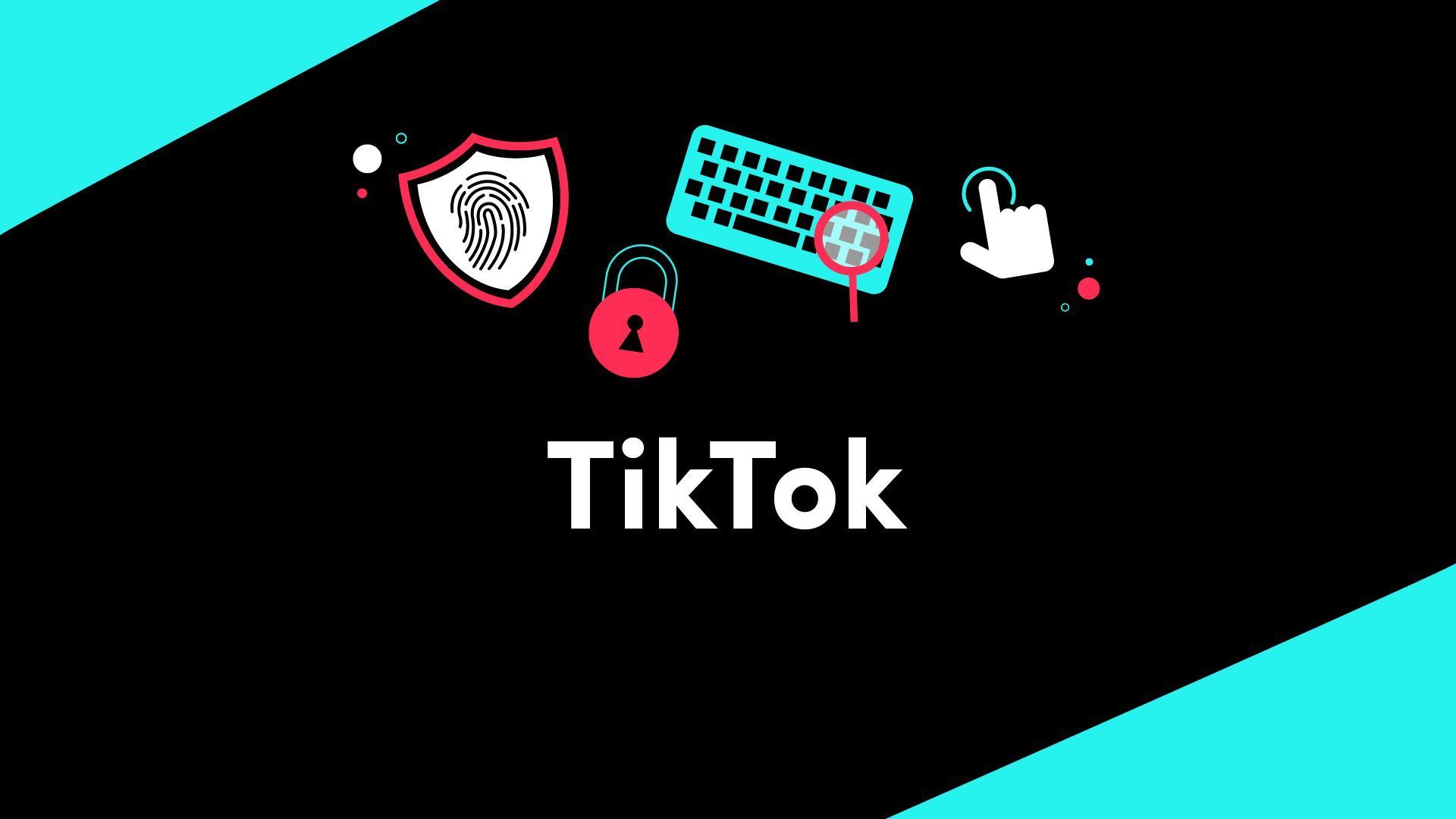
What does it mean to be doxxed on Tiktok?
The term ‘doxxed’, or ‘doxing’, revolves around the invasive act of scouring the internet for and subsequently exposing private or identifying information about an individual without their consent.
This often occurs with malicious intent and can encompass anything from divulging names and addresses to more sensitive data like social security numbers or bank account details.
TikTok’s vulnerability to doxxing
The rapid rise in TikTok’s user base has both opened up new possibilities and raised new concerns. Unfortunately, one such concern is the growing prevalence of ‘doxxing’. Users who engage in controversial content, voice unpopular opinions, or inadvertently reveal private information in their videos are at risk.
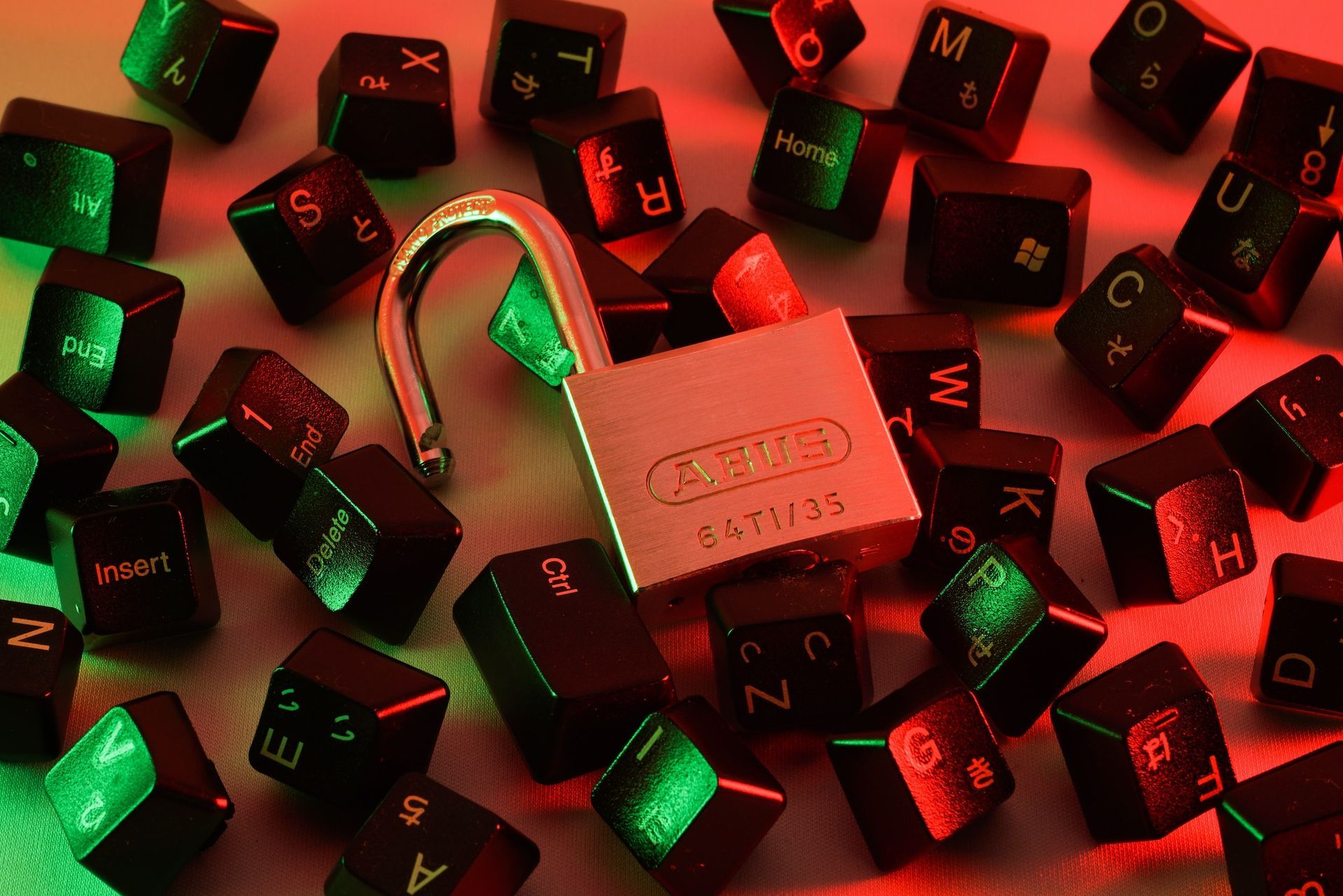
One of the most alarming aspects of doxxing on TikTok is the platform’s ability to swiftly disseminate personal information. Once doxxed on TikTok, an individual’s private data can rapidly circulate, leading to online and offline harassment. The repercussions can range from unwelcome attention and cyberbullying to potential real-world threats.
While TikTok has implemented policies against doxxing, the responsibility also lies with the users. They are urged to exercise caution when sharing personal information and remain vigilant about potential risks. Being aware of the potential dangers is the first step towards protecting your privacy on this platform.
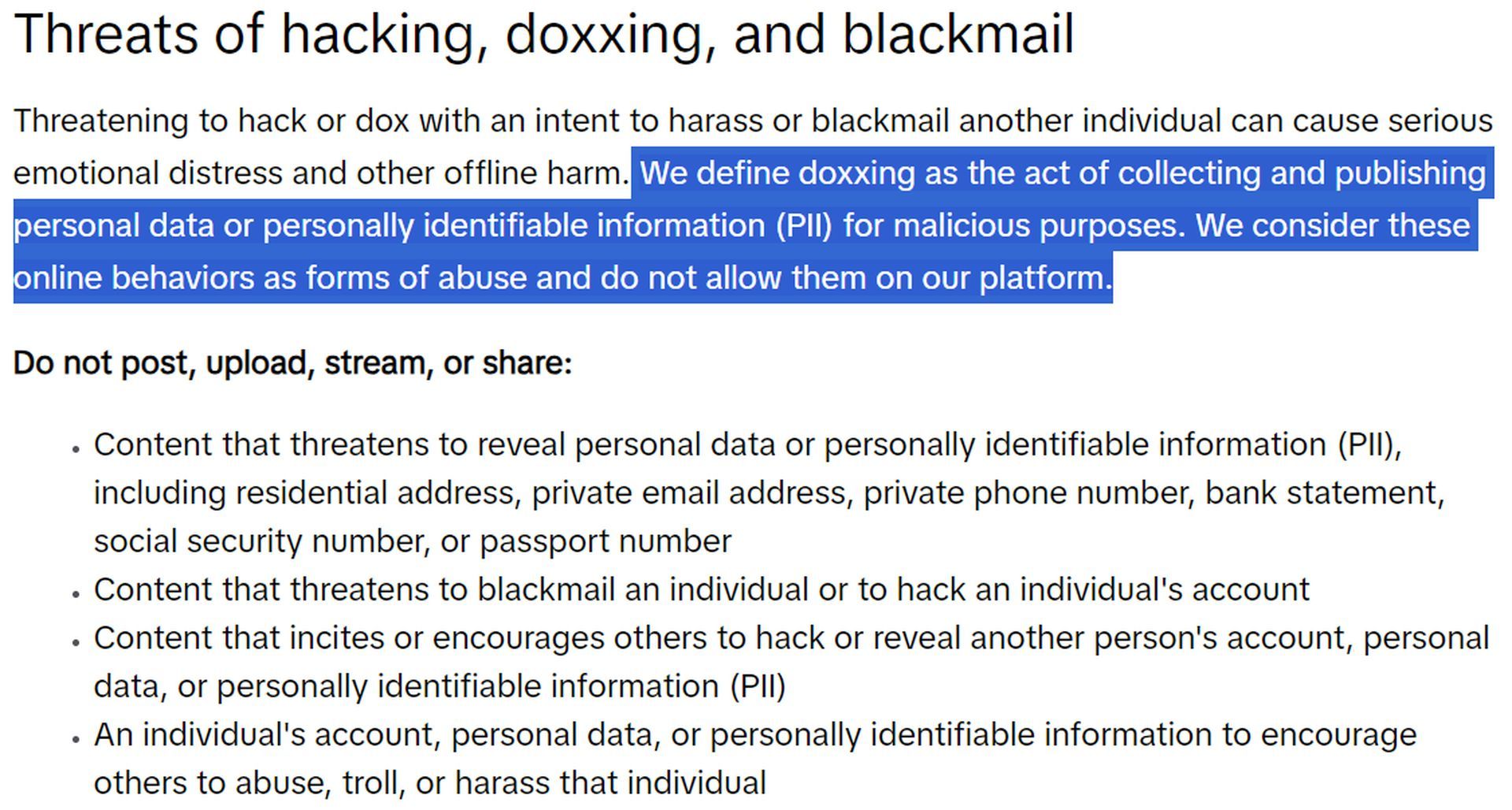
If you’re still not clear on the definitions and the perimeters of being doxxed on TikTok or on any other social media platform, let’s take a more detailed look.
What does doxxed mean?
Doxxing, also known as being ‘doxxed’, refers to the act of uncovering and publicizing an individual’s private information online without their consent, often with malicious intent. This intrusive practice entails a systematic process of researching, aggregating, and then sharing personal details such as real names, addresses, contact numbers, and even sensitive data like social security numbers or bank account information. Motivations behind doxxing can vary, ranging from seeking revenge to furthering political or ideological agendas, and sometimes for financial gain.
It’s important to note that doxxing is generally considered illegal in many jurisdictions due to its infringement on an individual’s privacy rights. To protect against doxxing, individuals are advised to exercise caution regarding the information they share online, and to adjust privacy settings on social media platforms accordingly.
How do you know if you’ve been doxxed?
If you suspect that you may have been doxxed on TikTok or any other platform, there are telltale signs to watch out for. Firstly, an unusual influx of unsolicited communication, such as emails, messages, or even phone calls from unknown sources, can be an indication. Additionally, if you discover personal information about yourself posted publicly online without your consent, it’s a strong sign that you’ve been doxxed. This may include details like your full name, address, or contact information.
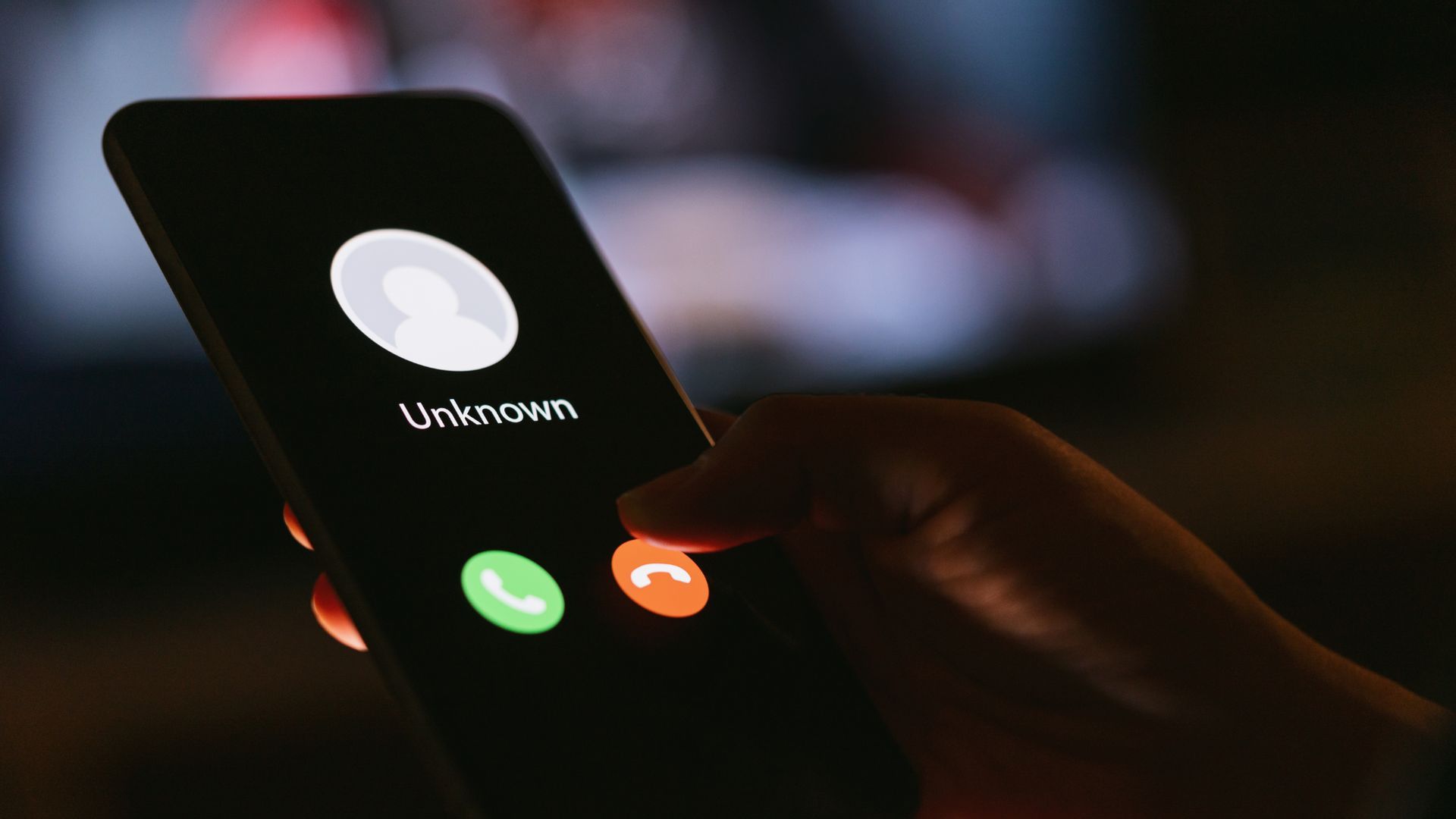
Furthermore, an increase in online harassment, stalking, or receiving threats can be a clear indicator that your privacy has been compromised. It’s crucial to be vigilant and take immediate action to protect yourself if you suspect you’ve been doxxed on TikTok or somewhere else.
What is an example of doxing?
An incident from 2015 vividly illustrates the practice of doxing, and it involves none other than Donald Trump. During a campaign event in South Carolina, Trump took a surprising turn, demonstrating just how far he was willing to go for attention. In a bold move, he proceeded to read out loud a phone number, which, as revealed by CBS News, turned out to be the cellphone number of fellow GOP presidential candidate, Sen. Lindsey Graham. This action can be classified as a prime example of doxing, an old-school method now popularized on the internet, where an individual’s personal information is disseminated to the world without consent.
While doxing itself is not always illegal, it is undeniably a form of harassment. LAPD cybercrimes detective Andrew Kleinick noted in 2013 that it’s generally permitted to post such information as long as there are no malicious intentions. However, the line is crossed when it’s used to threaten someone. In Trump’s case, it wasn’t necessarily a direct threat to Graham, but rather a clear attempt to retaliate against Graham’s public criticisms of Trump’s conduct. This incident serves as a stark reminder of the potential consequences of doxing in the realm of public figures and politics.
Probably getting a new phone. iPhone or Android?
— Lindsey Graham (@LindseyGrahamSC) July 21, 2015
Although the example is a bit different from being doxxed on TikTok and overall social media, it depicts how easily doxxing can become threatening to someone’s daily life.
Hence, as TikTok continues to shape our digital landscape, it’s essential to be aware of the potential risks that come with it. Understanding what being doxxed on TikTok means and taking proactive steps to safeguard your privacy can help ensure a safer and more enjoyable experience on this popular social media platform.
Remember, your online presence is valuable, and it’s worth protecting.
Featured image credit: Solen Feyissa / Unsplash

